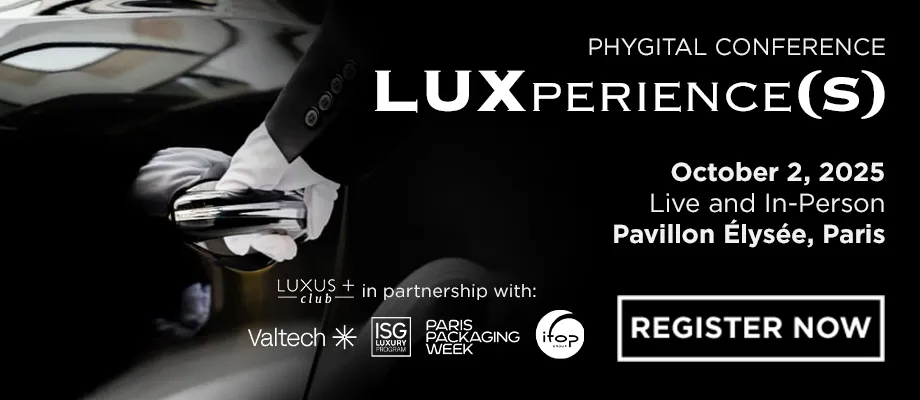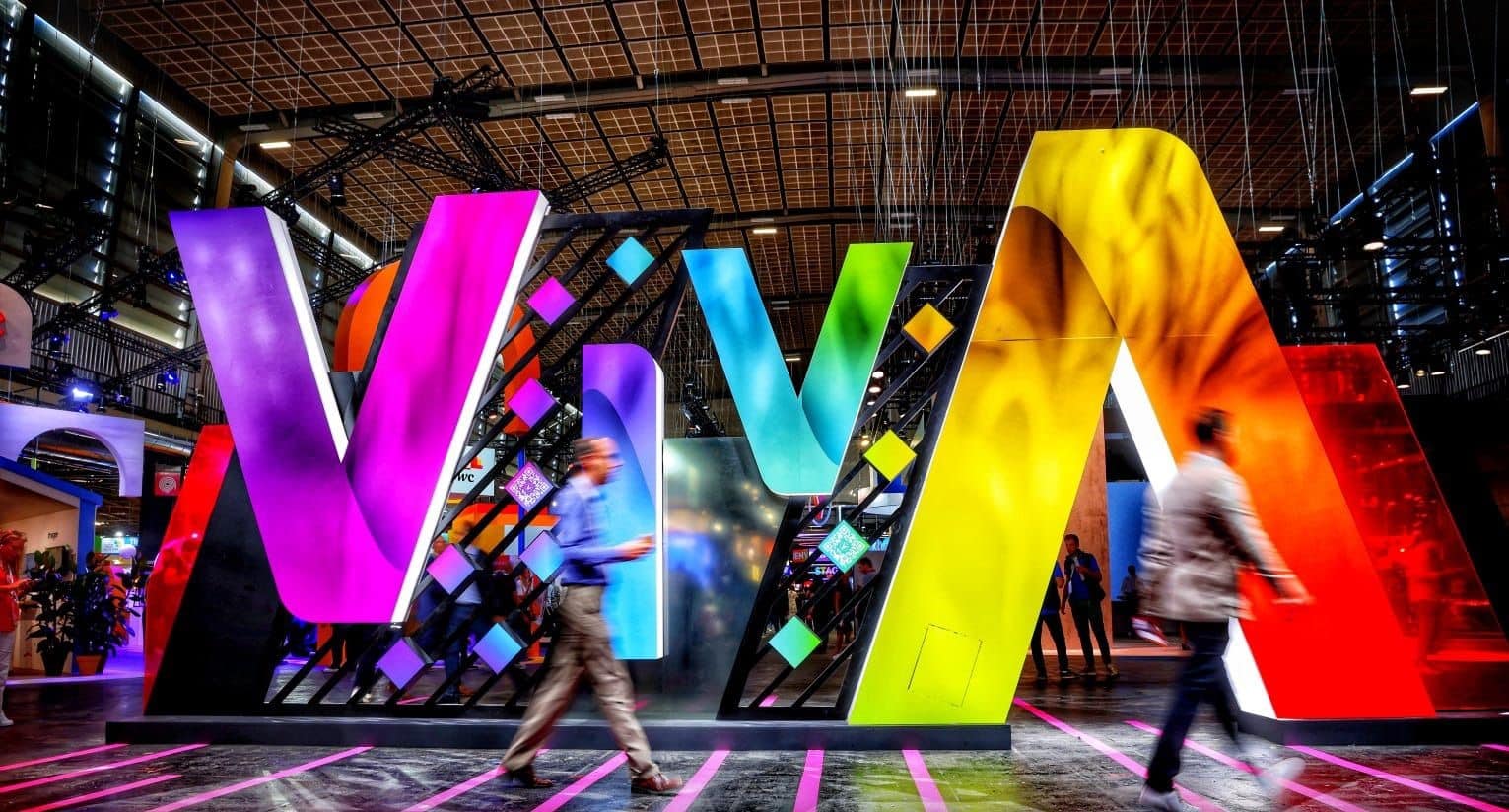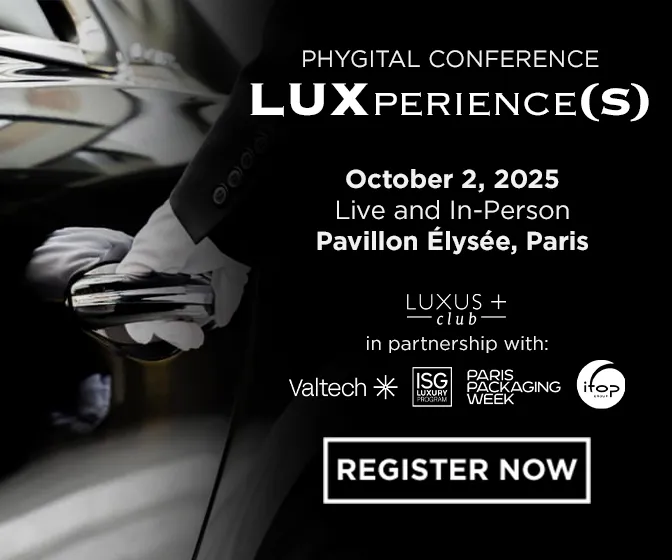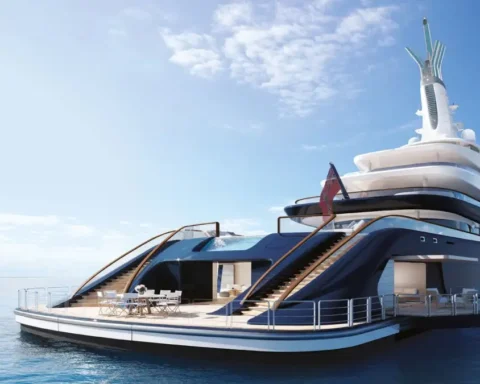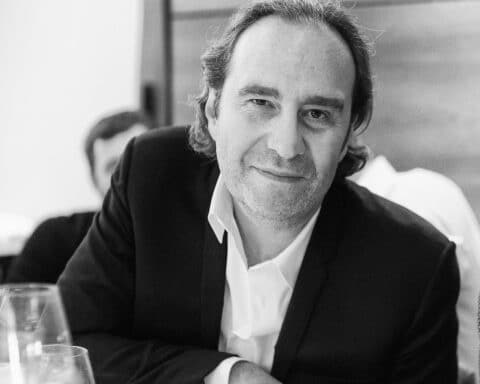Viva Technology (Vivatech), Europe’s largest gathering dedicated to innovation and the tech startup ecosystem, returns to Paris, Porte de Versailles from May 22 to 25. Among the trends announced at the show, artificial intelligence once again takes the lion’s share of the expected 2,500 exhibitors.
For this 8th edition, Vivatech organizers are hoping to do better than in 2023, when the Show attracted over 150,000 people over four days…At that time, it surpassed attendance at CES in Las Vegas, until then the world’s biggest tech event.
However, the calendar adds a further challenge: constrained by the Paris Olympic Games, Vivatech, usually held in mid-June, has had to bring forward its tech mecca to May. An unfavorable period, as Vivatech co-founder and Chairman of the Supervisory Board of Publicis Groupe, Maurice Lévy, reminds us, since “there are a lot of general meetings, board meetings and other meetings.”
The return of what he calls “the universal exhibition of tech and digital” will be an opportunity to discover the latest tech solutions and innovations from major groups such as LVMH, L’Oréal, La Poste, Orange, Microsoft, Meta and SNCF.
After Korea and India, Japan is the country of the year for this 2024 edition, with the exceptional presence of Hiroshi Mikitani, CEO of e-commerce giant Rakuten.
AI at the heart of the debates
Despite the absence – widely commented on – of Sam Altman, CEO and founder of OpenAI (ChatGPT, Dall-E, Sora…) artificial intelligence is set to be the flagship technology of this year’s event for the second year running. Since 2022, artificial intelligence has been particularly popular with companies and major groups, and will be the focus of a dedicated area dubbed AI Mile.
The organizers have announced that 37% of the Show’s partners plan to use artificial intelligence, while, in the words of Maurice Lévy, “there isn’t a key AI company that won’t be represented at Vivatech.”
This includes Yann LeCun (Meta), Arthur Mensch (Mistral AI) and Yoshua Benjio, winner of the Turing Award for his research in artificial intelligence. Elon Musk, the iconoclastic boss of Space X, Tesla, X (ex-Twitter), Neuralink and above all X.ai, will be on hand for a videoconference Q&A session on May 23. OpenAI will also be present, with its COO, Brad Lightcap, and its Developer Experience Manager, Romain Huet.
The presentation of the new GPT-4O multimodal model, praised by its CEO Sam Altman for its speed and halved cost, was however overshadowed by a series of scandals. Parallel to the scene at Build, Microsoft’s annual conference, ChatGPT’s main shareholder, American actress Scarlett Johansson, accused OpenAI of copying her voice, bringing Project Sky and the new voice mode to a screeching halt. Jan Leike, a former member of the team responsible for warning of the potential dangers of this new technology, chose to leave the company, deploring the priority given to “flashy new products” to the detriment of safety. Despite this, Sam Altman remains reassuring, insisting that his model is “sufficiently safe”.
Meanwhile, sixteen of the world’s leading AI companies, including OpenAI, Google DeepMind, Anthropic, Microsoft, Amazon, IBM, Meta, Mistra AI and Zhipu-ai, signed an agreement on Tuesday May 21 in Seoul, at the second AI Safety Summit, to work towards ensuring the safety of the model’s computational power. Ultimately, the aim is to agree on “tolerable risks” and thresholds. The agreement follows on from the 25-country agreement formalized last November at the first AI Safety Summit at Bletchey Park in the UK. Coinciding with this announcement, the European Council ratified the AI Act, a pioneering piece of legislation designed to harmonize rules on artificial intelligence on a European scale, conditioning access to markets and binding rules according to the typology of risks incurred. Adopted unanimously, the text will come into force in 2026. AI systems such as cognitive-behavioral manipulation, social scoring and predictive policing will be banned in the EU, as they are considered to pose unacceptable ris
Many companies and major groups, such as L’Oréal and LVMH, have decided to anticipate the confidentiality and compliance risks inherent in artificial intelligence, particularly generative intelligence, by training their own models.
While the USA and China are still leading the way, France boasts a dynamic ecosystem represented by Mistral AI. A new Next40/Frenchtech 120 member (French startup performance index reserved for 40 startups), this alter-ego of ChatGPT, founded in April 2023, has just announced a €600 million round of funding and the start of a partnership with Microsoft. Another French nugget in the sector, Holistic AI, has announced that it has raised $220 million. France has 80 research laboratories, 600 startups and 3,500 jobs linked to artificial intelligence.
With a view to making Paris the world’s third-largest AI stronghold, the French government has pledged additional funding of 400 million euros as part of the France 2030 plan to support 9 AI clusters (university and research sites). The government aims to increase the number of yearly trained talents from 40,000 to 100,000, including 20,000 in continuing education. The aim is also to double public orders, with a target of one billion euros in purchases by 2027.
Sustainability, mobility and sport
Alongside artificial intelligence, the show promises more conventional but equally important themes.
Sustainable Tech – which aims to reduce the environmental impact of digital technology – will also be at the heart of discussions. As for AI, an area entitled “Impact Bridge” will occupy 10% of the show floor. The sector is booming, and is forecasting a doubling of investment between now and 2027. This bodes well for the future, given that the sector raised a record $51 billion in 2023.
Another key topic, mobility, is once again well represented, with groups such as Stellantis and Airbus in attendance. Numerous innovations will be discussed, from electronic cars and eco-friendly goods transport solutions to flying cabs like those from Volocopter, which will take to the skies over Paris during the Olympic Games. Tesla intends to use the Show as a springboard to promote its cybertrunk utility vehicle. Logistics solutions are also a key issue in mobility and smart cities. Chinese and French companies Hypershell Technology and German Bionic are presenting their exoskeleton, capable of facilitating the carrying of heavy loads, by reducing the body’s energy expenditure by 30 to 40%. Another exhibitor: Wingcopter, the 2023 German start-up prizewinner, has developed a drone capable of transporting 5-kilogram parcels, such as medicines and foodstuffs, over long distances.
In this Olympic year, the official motto of the Games “Faster, Higher, Stronger” fits perfectly with this new edition, which will also see numerous solutions dedicated to sports and health. Toulouse-based startup I-Percut, founded in 2020, will be presenting its connected punching bag, suitable for all types of boxing: French, English, Thai, kickboxing or MMA, as specified on its website. Its invention won it the “fitness & sport” innovation award at the last CES in Las Vegas. Esper Bionics, a Ukrainian start-up known for distributing its bionic prostheses to replace amputated limbs on the Russian-Ukrainian front, will also be exhibiting.
The 2024 edition of Vivatech will also be marked by the presence of star investors. Sisters Séréna and Vénus Williams, internationally renowned tennis players, will be making the trip, thanks to their participation in Shares, a fintech platform for portfolio management and financial investment.
Read also > Tesla’s Cybertruck creates sparks
Featured Photo: © Viva Technology

